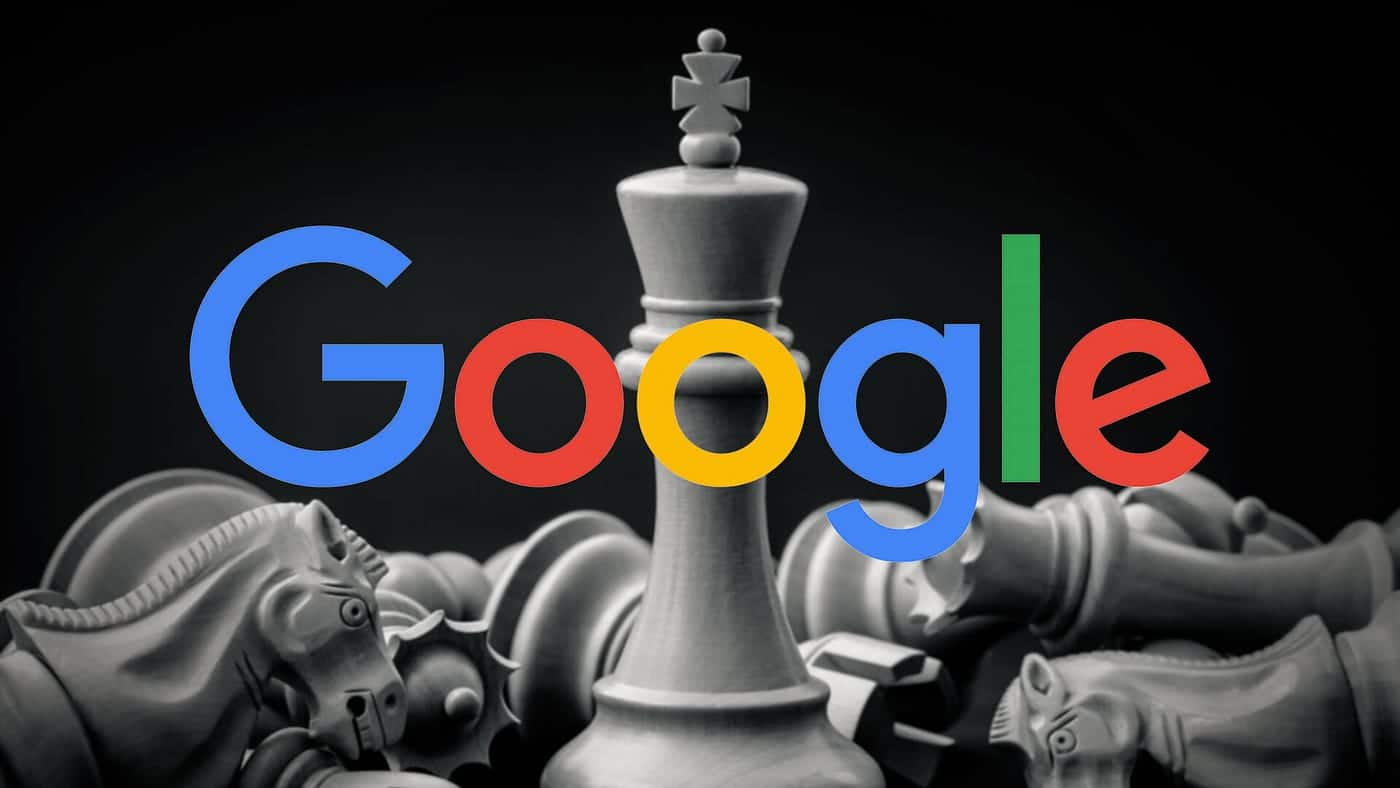Pre-Google Search Engine That Set the Stage for Online Search Revolution

Search engines have become an essential part of our digital lives, providing instant access to vast amounts of information. While Google is often the first name that comes to mind, the journey to modern search engines began with Archie, the first search engine, which launched on September 10, 1990. Created by Alan Emtage, a postgraduate student at McGill University, Archie laid the groundwork for the search capabilities we rely on today, driven by necessity and innovation.
The Birth of Archie
Archie was born out of a practical need. In a 2017 interview, Emtage explained that his role as a system administrator for the School of Computer Science at McGill University inspired him to create a tool that could help students and faculty find software more efficiently. He noted, “Necessity is the mother of invention,” emphasizing that there was no grand vision behind Archie; it was simply a solution to a problem he faced. Emtage collaborated with colleagues Bill Heelan and Peter Deutsch to develop the search engine, with Emtage writing the initial code and his colleagues assisting with user login scripts. This teamwork was crucial in bringing Archie to life, marking a significant milestone in the evolution of web search.
How Archie Functioned
Archie’s functionality was quite different from what users expect from modern search engines. It featured a text-based landing page with limited search options. Emtage described the process of how Archie worked, which involved several phases: crawling, retrieval, indexing, and searching. Users could search for information, but the experience was basic compared to today’s standards. Notably, Archie predated the World Wide Web, meaning it operated within the framework of anonymous FTP archives. This lack of a web structure meant that resources had to be manually discovered, highlighting the limitations of early internet searching.
Archie’s Legacy and the Evolution of Search Engines
Although Archie was the first search engine, it was not the last. The 1990s saw a surge of new search engines, including Jughead and Veronica, followed by the launch of Yahoo in 1995 and Google in 1998. Google quickly rose to prominence, refining search capabilities and leveraging the lessons learned from earlier engines. Emtage pointed out that many search engines existed between Archie and Google, but Google’s innovative use of the PageRank algorithm set it apart. This algorithm ranks search results based on the number of hyperlinks to a webpage, effectively harnessing human decision-making to deliver more relevant results. Today, Google dominates the search engine market with an impressive 89.83% share, a testament to its evolution from the foundational work of Archie.
The Importance of Remembering the Past
As we navigate the vast landscape of information available online, it is essential to acknowledge the pioneers who paved the way for modern search engines. Archie may have been simple by today’s standards, but its creation marked the beginning of a transformative journey in how we access and interact with information. Emtage’s contributions remind us that innovation often stems from necessity, and the evolution of search engines continues to shape our digital experiences. As Google and other search engines advance, they should remember the foundational work of early innovators like Archie, who made it all possible.
Observer Voice is the one stop site for National, International news, Sports, Editor’s Choice, Art/culture contents, Quotes and much more. We also cover historical contents. Historical contents includes World History, Indian History, and what happened today. The website also covers Entertainment across the India and World.
Follow Us on Twitter, Instagram, Facebook, & LinkedIn

